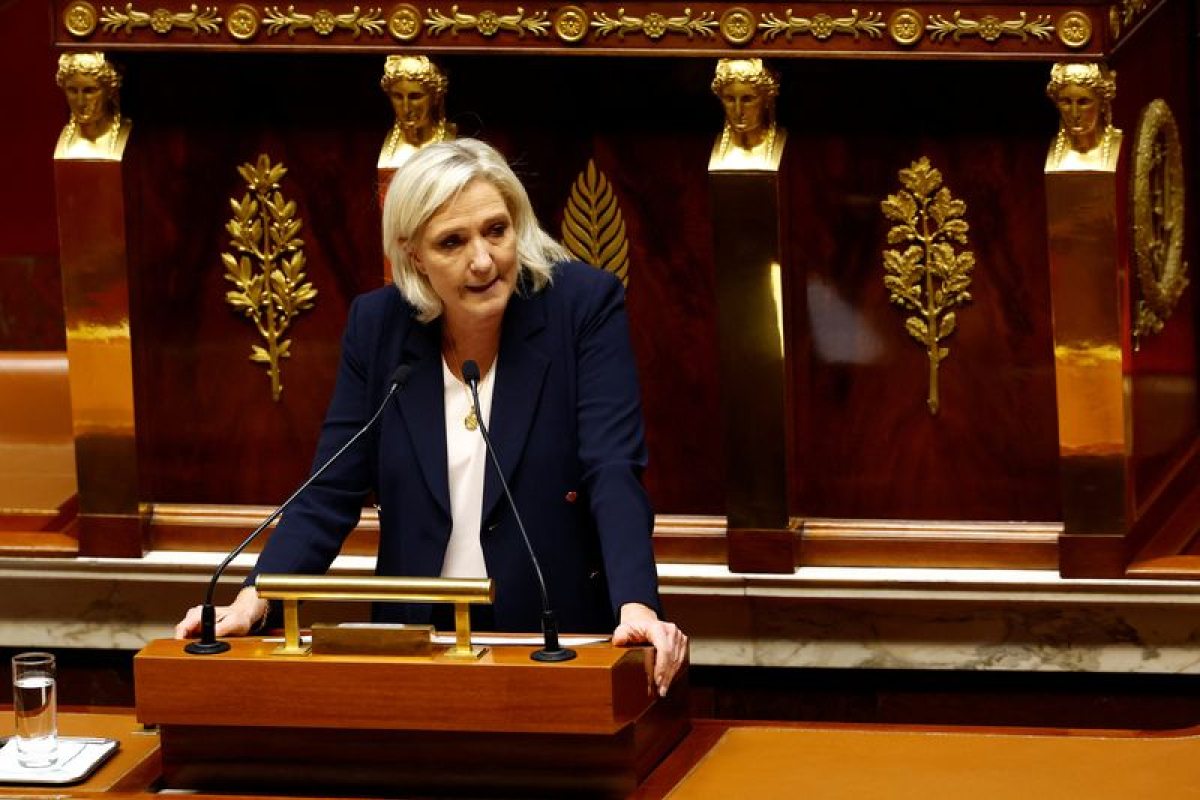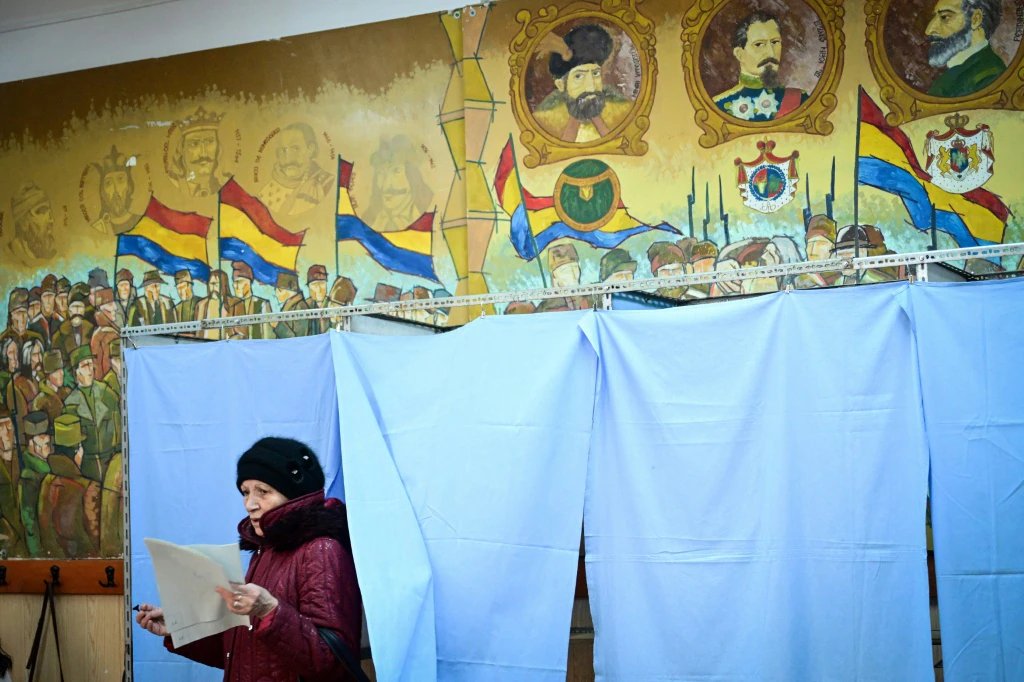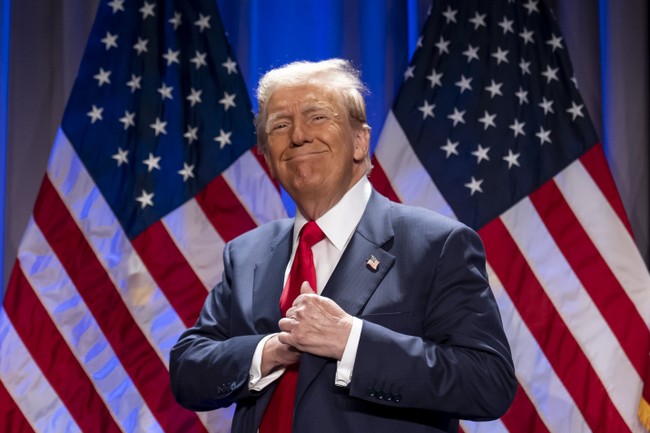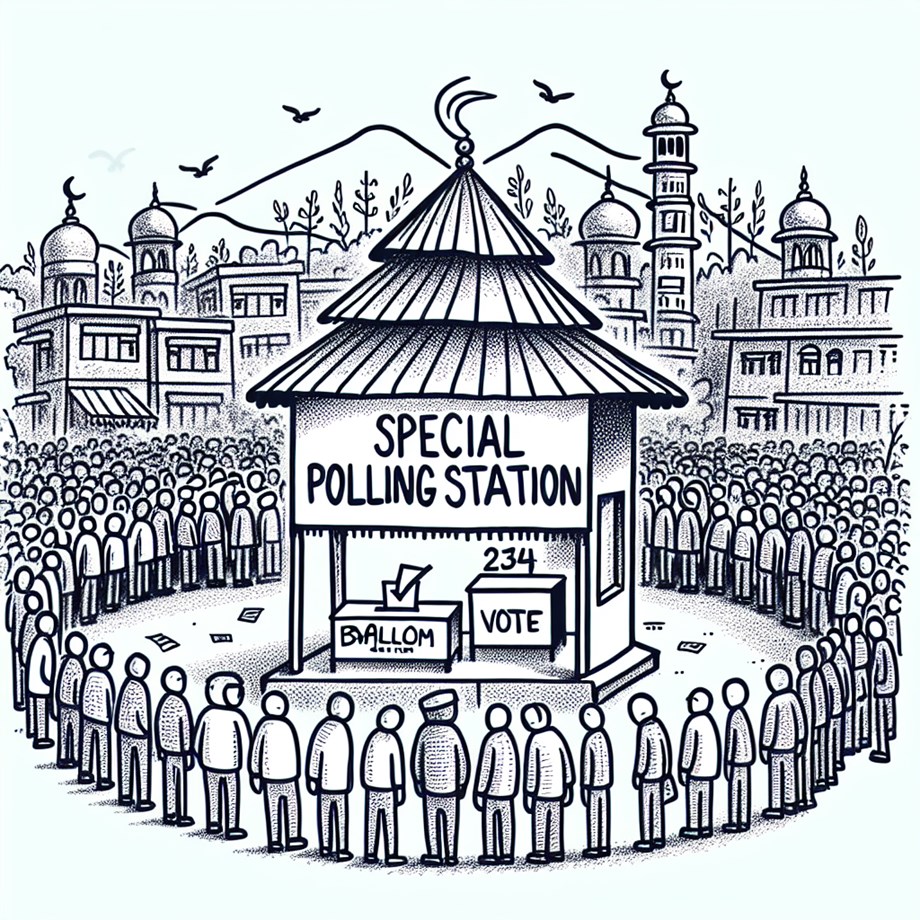Marine Le Pen Faces Judicial Trials: Political Turmoil Ahead
The far-right French leader Marine Le Pen is at the center of a heated political trial, marking a significant moment in France's political landscape.
Published November 15, 2024 - 00:11am

Image recovered from boursorama.com
The political climate in France has reached a boiling point as Marine Le Pen, the prominent leader of the National Rally (Rassemblement National), faces severe legal charges. The Paris court proceedings have accused Le Pen and senior officials of constructing fake jobs at the European Parliament, a charge that carries heavy penalties. The prosecution has demanded a five-year prison sentence and a ban from public office, threatening to eliminate Le Pen from the 2027 presidential race, her most anticipated political endeavor yet.
The legal proceedings highlight alleged misappropriation of European Union funds. Between 2004 and 2016, these funds reportedly supported parliamentary assistants, who, however, seemed to function primarily for party tasks rather than parliamentary duties. The European Parliament has disclosed that it incurred losses amounting to approximately 3.4 million euros due to these activities. The National Rally, while denying the charges, has repaid one million euros, though they strongly dismiss this as an admission of guilt. This issue not only involves legal ramifications but also strikes at the heart of EU-Parliament relations, raising questions about financial oversight and accountability.
The trial has ignited fervent reactions both within France and from political allies abroad. Marine Le Pen has fiercely opposed the actions of the prosecution, asserting that their motivations are politically driven, with intentions to destabilize her party and exclude her from the French political arena. She has vocalized these beliefs strongly on social media platforms, questioning the role of the judiciary in political affairs. Echoing her sentiments, Jordan Bardella, the party's president, criticized the judicial decisions as an encroachment on democratic rights aimed at disarming millions of French voters.
International political figures have also weighed in, with notable support coming from Hungary's Prime Minister Viktor Orbán, who likened Le Pen's legal battles to those faced by former U.S. President, Donald Trump. This international support underscores the broader context within which far-right movements in Europe find themselves, often facing legal and institutional resistance while maintaining a significant support base among the electorate.
However, critics argue that the legal proceedings against Le Pen and her party suggest a systemic exploitation of European parliamentary resources, a conclusion drawn from the court's submissions. Observers point out that such allegations are not novel, reflecting the broader challenges that far-right movements face in aligning their often populist antics with established legal frameworks. Some experts believe that the National Rally's financial strategies show a deliberate bypass of regulatory measures, thus portraying the narrative of judicial persecution as overly simplified.
In response to the mounting legal pressures, the National Rally has embarked on a campaign to galvanize public support, emphasizing democratic resilience and portraying these legal challenges as targeted assaults on their political freedom. They have criticized the judiciary for overreach, accusing prosecutors of disrupting the democratic process by denying the electorate their choice of representation. The party regards the prosecution's recommendations as exceedingly harsh, transcending legal boundaries to impact electoral outcomes significantly.
The judicial process reaching its zenith signals a pivotal moment for Le Pen. It not only influences her immediate political fate but resonates deeply within the party and its future role in French politics. With France's political landscape at stake, the potential ramifications of the trial could redefine electoral politics, the role of far-right parties, and the expectations of legal accountability in public office.
As the verdict looms closer, observers note that the case mirrors broader European challenges where political, legal, and electoral dynamics intersect. The situation exemplifies the growing tension between judicial systems upholding democratic norms and political entities challenging the status quo. This case, therefore, serves as a focal point for ongoing debates about democratic integrity, political accountability, and the evolving nature of political opposition in Europe.







